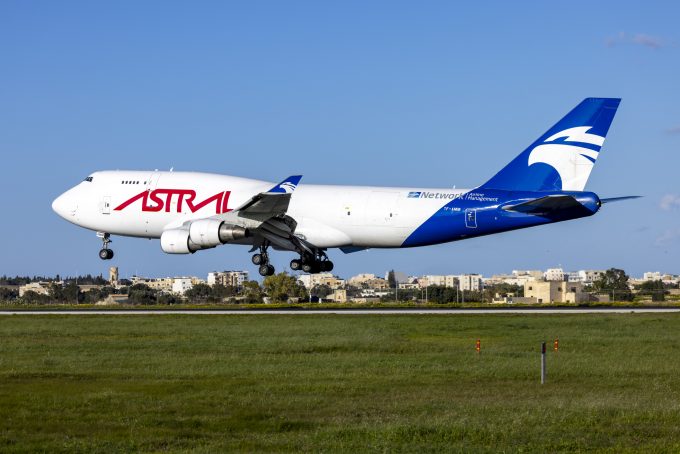Airlines make freighter and aircraft capacity moves
There has been a raft of freighter and aircraft news this week, as airlines work ...

Aviation, and air cargo in particular, must be prioritised if the African free trade agreement (AfCFTA) is to reach its full potential, delegates at Air Cargo Africa in Johannesburg heard this morning.
AfCFTA is the world’s largest free trade area, incorporating the 55 countries of the African Union (AU) and eight economic regions. Part of the continent’s Agenda 2063 strategy, it aims to boost income by $450bn and lift some 30 million people out of poverty.
However, warned airline executives, connectivity across ...
'Disastrous' DSV-Schenker merger would 'disrupt European haulage market'
New senior management for DSV as it readies for DB Schenker takeover
Volumes set to 'fall off a cliff' as US firms hit the brakes on sourcing and bookings
Asian exporters scramble for ships and boxes to beat 90-day tariff pause
Amazon pushes into LTL for small package fulfilment and UPS does a u-turn
Temporary tariff relief brings on early transpacific peak season
Pre-tariff rush of goods from US to China sees air rates soar, but not for long
Forwarders 'allowing the fox into the chicken run' by supporting 'hungry' carriers


Comment on this article